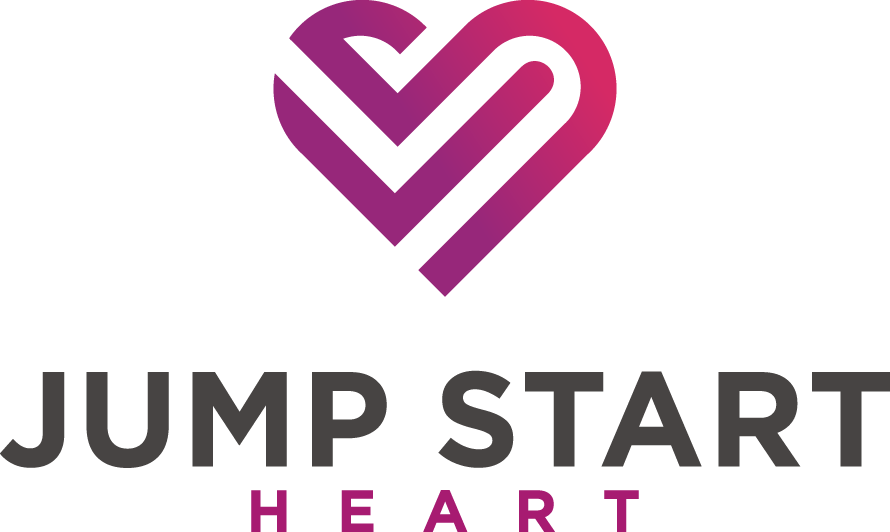
Our Mission.
Save lives and improve communities by increasing survival rates for people who experience cardiac arrest and reduce the incidence of cardiac arrest in communities.
Enable communities and people to close gaps between life saving procedures and devices by improving access to information, technology and data.
Educate and empower communities and people on how they can contribute to lifesaving events for people at cardiac risk
Reduce incidence rates of cardiac arrest by improving access to life saving data and research on cardiac health through the support of leading edge research and registries
The Facts.
Incidence:
Cardiac Arrest is a public health issue with widespread Incidence and severe impact on human health in our communities.
In 2015, approximately 357,000 experienced cardiac arrest in communities.
Approximately 70-90% of people with cardiac events in the community die before reaching the hospital.
Prevention:
Early intervention by CPR and defibrillation: Early, high-quality CPR, including compression only CPR, and use of automated external defibrillators (AEDs) immediately following cardiac arrest can reduce morbidity and save lives.
What is the Opportunity?
Education - Educate communities on prevention methods when a cardiac event occurs
Access – Enable improved access to high quality CPR and defibrillators in the community
Innovation – Support early detection by innovative technologies and care models
References: https://www.cdc.gov/dhdsp/docs/cardiac-arrest-infographic.pdf
“For the sake of my three children, I want to create a world where everyone can receive the same quick response and second chance at life.”
caroline | Founder

The Truth.
The number of people killed by SCAs each year is equivalent to the number of people who will die from: Alzheimers disease, assault with firearms, breast cancer, cervical cancer, colorectal cancer, diabetes, HIV, house fires, motor vehicle accidents, prostate cancer and suicides - combined.
